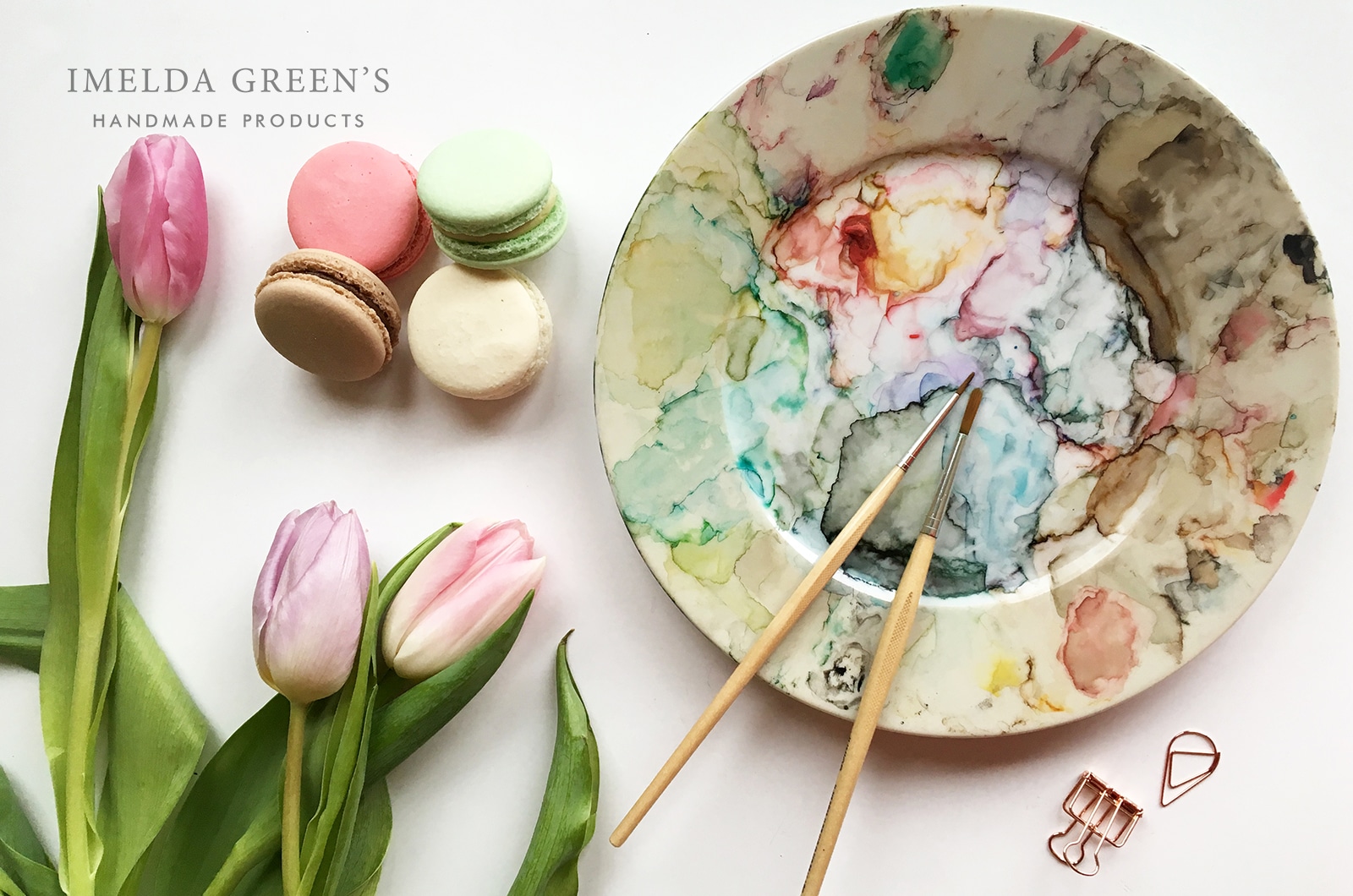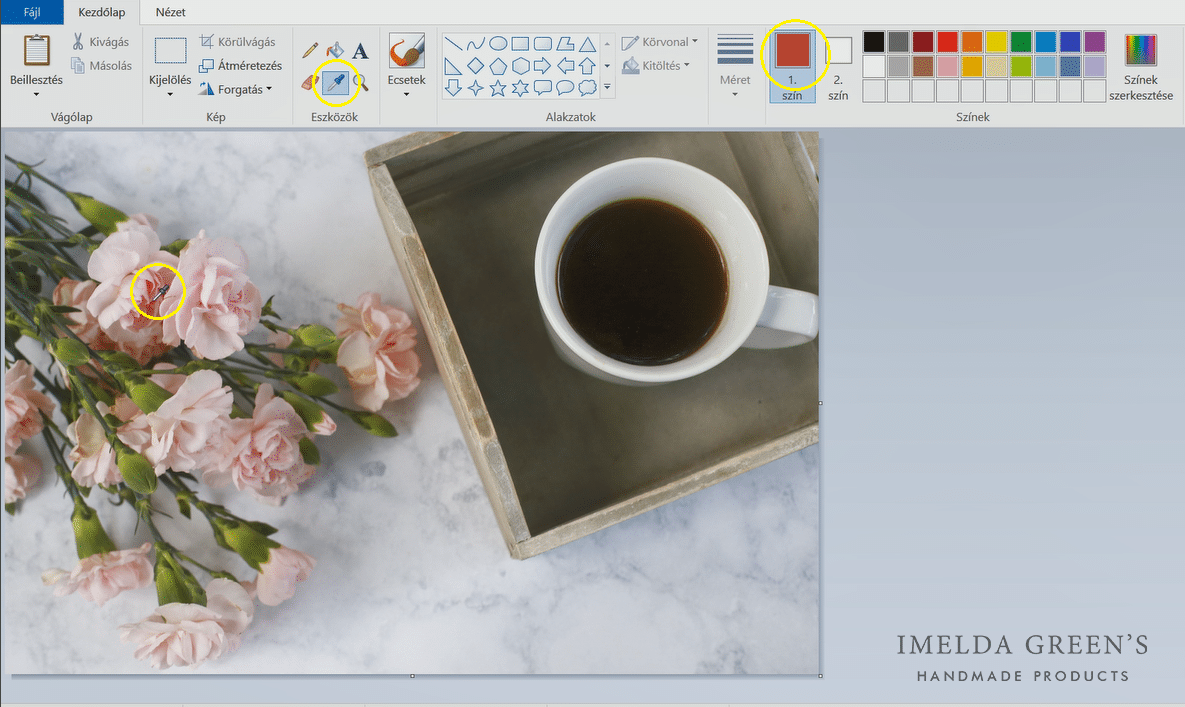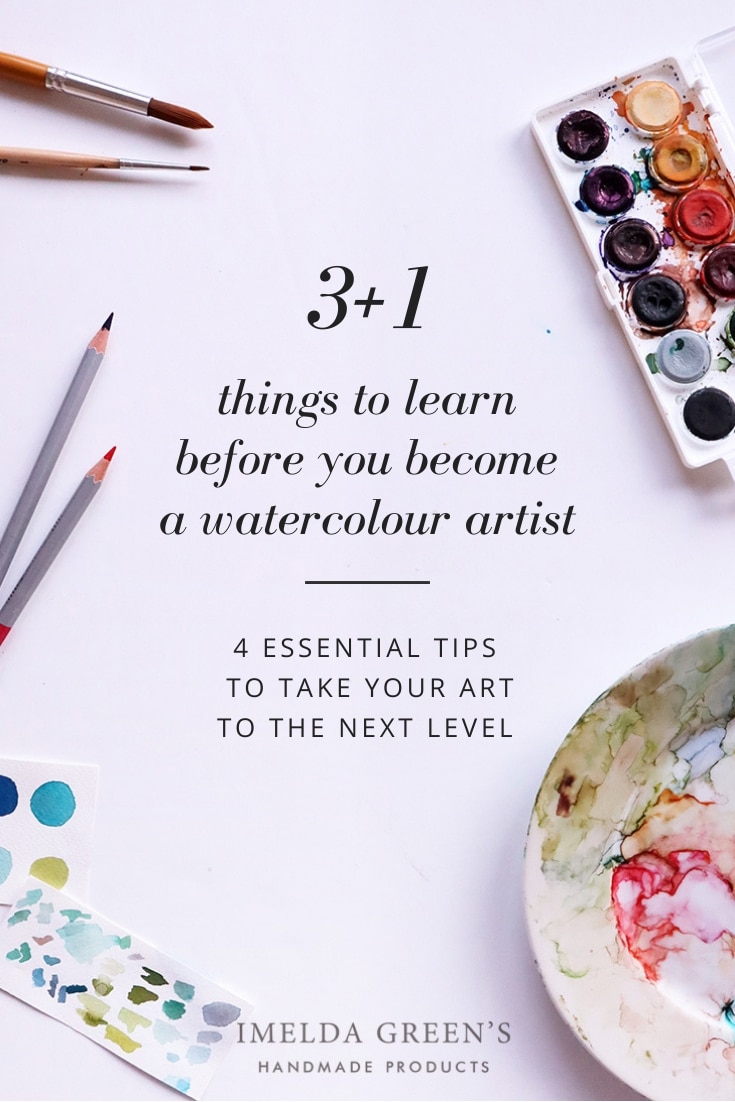
3+1 things to learn before you become a watercolour artist
If you like messing around with watercolours, but your only goal with painting is to relax, this post is not for you. However, if you want to improve and take your watercolor skills to the next level – even if you do not want to make a living from it – you should continue reading.
There is more to an advance level watercolor painting than practice – though practice will certainly contribute to success. Of course, we do know about artists who don’t care a fig about the stuff below, but most of us mortals can’t avoid learning these things before becoming great watercolour artists.
1: Learn to draw!
The sad truth is that you can hardly avoid learning to draw, if you want to become a watercolour artist. If you are able to draw from life accurately, know the rules of perspective and have a good sense of proportion, this knowledge will be useful even if your style is abstract. And you’re not learning this with a brush.
Ha kezdő rajztanfolyamra jelentkezel, nem véletlenül csak ceruzával kell felszerelkezned. A ceruza az a puritán eszköz, ami – még ha nem is okoz mindenkinek túl sok örömet – nem engedi, hogy elkalandozzon a figyelmed a formákról, arányokról, tónusokról.
If you take a beginner drawing course, you will be armed with a single pencil at first. A pencil is a puritan tool that – even if it does not give everyone much pleasure – prevents you from the distraction of colours and techniques. You can focus your undivided attention on shapes, proportions, colour tones.
What to do as a beginner: you don’t have the capacity to attend a drawing course, study online, and/or draw as many objects as you can, from your morning coffee to your favorite houseplant. You will also find a lot of useful information on Proko’s youtube channel.
2: Learn colour theory!
Watercolor painting is really all about water and colour. If you mix colours for months, even years, you will sooner or later find out about your taste, but you can speed up the process by immersing yourself in colour theory. Even though all the shades of the rainbow are now available in art supply shops, if you don’t understand how colours affect each other, you’re just playing with pigments.
Once you are familiar with tones and shapes, you can start experimenting with colours. How can you translate reality into the language of colours? How accurately do you see colour?
If you want to go deeper into the subject of colour theory, I recommend Johannes Itten’s book.
What to do as a beginner: Paint an object you find at home, then take a photo of the same object. Upload the photo to your computer, then open it in Paint (or any free picture software). You can select a colour with the Eyedropper tool. Now you can compare the colour to your painting: how accurately did you manage to capture it?

3: Learn about materials
You might be able to draw accurately and have a great knowledge of colour (in theory or in practice with other techniques), if you do not choose the right materials, you will never paint good watercolour pictures. Fortunately, in the age of the internet, you can learn about materials very easily. I’ve already written blog posts about watercolor papers and brushes, which can provide a starting point. You can learn all about watercolour paints from this video.
What to do as a beginner: Try as many materials from as many art supply shops as possible, but stay within your means. You will not become an artist by filling all your drawers with paint and brushes. Try not to choose the cheapest options as they are often low quality, but student-quality supplies will probably be enough at first.
+1: Practice, practice, practice!
In theory, knowing the things above is very helpful, but there is no better teacher than practicing. Experiment boldly and don’t worry if you mess it up. In the early days, it’s not so much quality as quantity that matters: the more you paint, the more experience you have on how this (seemingly) very whimsical medium behaves. You can even copy (within the limits of ethics) so you have a reference for comparison.
It may seem frustrating that you have to pay attention to all of this, but remember that there is no such thing as an overnight success. You can be sure that if you invest enough time and energy, your efforts will be rewarded.
Which is the one skill you need to improve most? Share with us in the comments!


